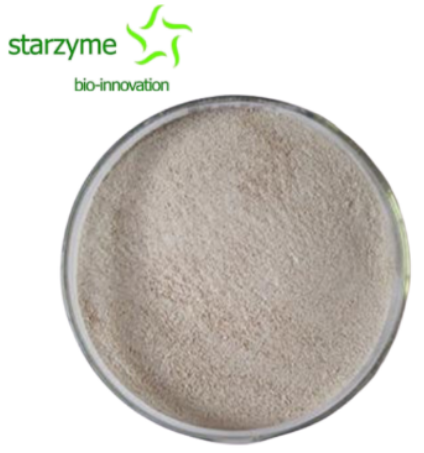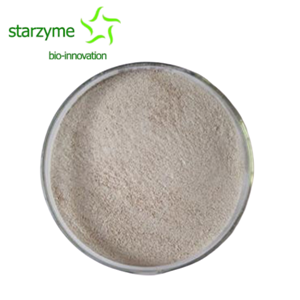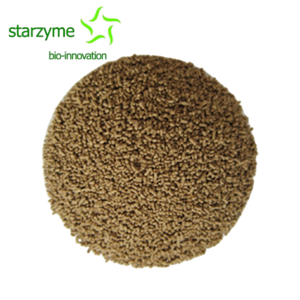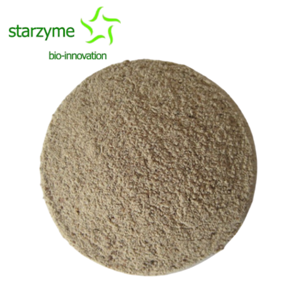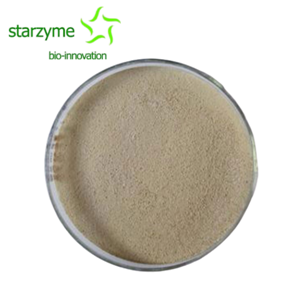The Role and Efficacy of Bacillus subtilis in Agriculture Part 1
There are multiple applications of Bacillus subtilis in agricultural cultivation that provide farmers daily with sustainable plant protection and yield increasing solutions. Here are its specific functions and main benefits:
Inhibition of Harmful Bacterial Growth:
Bacillus subtilis can rapidly reproduce in soil and become a dominant bacterium, which is extremely effective in inhibiting the growth and reproduction of other harmful bacteria in soil. Essentially, Bacillus subtilis crowds out the harmful bacteria and unwanted pathogens, and acts as a shield protecting the crops that are being grown in the soil. It ultimately aids in preventing the occurrence of soil-borne diseases.
Sterilization Effect:
During the reproduction process, Bacillus subtilis can produce active substances such as Bacillus subtilis, polymyxin, nystatin, and short bacteriocins. The active substances that Bacillus subtilis by-produces can cause the hyphae of pathogenic bacteria to break, disintegrate, and cause the cytoplasm to dissolve. In doing so, Bacillus subtilis achieves the effect of killing bacteria and effectively preventing the harm of bacteria to crops.

